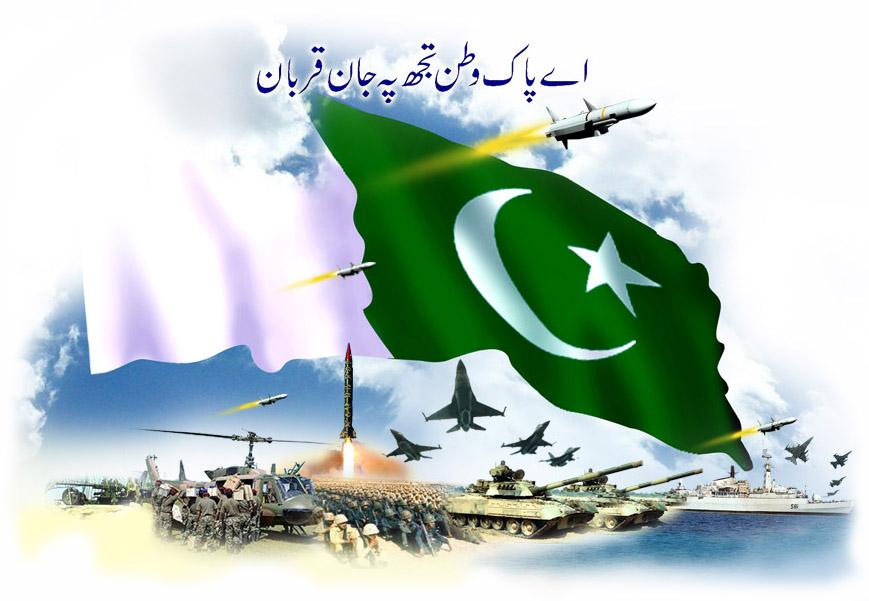Speaking at the Brookings Institute in Washington, John Campbell, commander of the International Security Assistance Force in Afghanistan, said the US-backed Afghan army is in a state of disarray. He believes that the Taliban (declared a terrorist organization by the Russian Supreme Court) could overthrow the Afghan government. Campbell mentioned that the Afghan army is suffering significant losses due to desertion, with some 4,000 soldiers leaving the army each month. Meanwhile, the Taliban are rapidly regaining control, not only taking over provinces such as Kunduz, but also holding events in Kabul to commemorate Mullah Omar.
The world’s media continue to discuss significant, but not entirely clear, changes within the Taliban. Some leaders, including Mullah Omar’s brother, didn’t recognize Mullah Mohammad Akhtar Mansour (pictured) as the new leader.
Amid an active information war against the Taliban involving Afghan authorities and Islamic State media activists (designated a terrorist organization by Russia’s Supreme Court), the Taliban leadership initially denied Mullah Omar’s death, but eventually acknowledged it.
The Taliban’s new amir was reportedly chosen during a council in Pakistan, raising concerns about the ISI’s growing influence over the group. Why should Islamabad support the Taliban? If Pakistan’s intelligence service serves the CIA’s interests, it means supporting the annual expenditure of billions of dollars and thousands of American soldiers’ lives in the fight against the Taliban.
In Pakistan’s recent history, there’s a precedent of General Zia-ul-Haq coming to power through a military and intelligence conspiracy. Zia-ul-Haq, an Islamist-leaning dictator, initiated the Islamization of Pakistan and actively supported the jihad against the godless Soviets in Afghanistan. He died in a plane crash in 1988, leading many to suspect CIA involvement due to fears of Pakistan’s increasing autonomy and potential transformation into a Sunni center, similar to Iran’s Shiite revolution in 1979.
Pakistan has a history of intrigue and military coups. The nation emerged from the partition of British India as a Muslim state and possesses one of the most powerful armies in the region, as well as nuclear weapons. If we assume that Pakistan’s intelligence services play an independent role in Afghanistan, seeking to oust US-backed puppets and install allied forces, it could pave the way for a Greater Islamic East, uniting Pakistan and Afghanistan with expanding influence over post-Soviet Central Asia.

